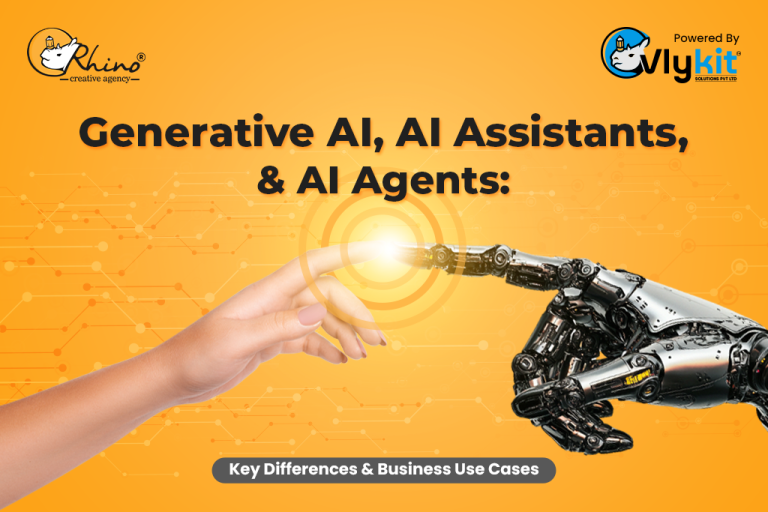The proliferation of artificial intelligence across industries has made AI model governance a critical concern. As organizations scale their AI initiatives, the need to ensure models are fair, transparent, secure, and compliant with regulations becomes paramount. However, automating this governance at scale presents a unique set of challenges that can hinder innovation and expose organizations to significant risks. This report will delve into the key challenges in automating AI model governance at scale, including the dynamic nature of AI, the complexity of regulatory landscapes, and the difficulty of achieving true transparency and explainability.
One of the most significant challenges stems from the inherent nature of AI itself. Unlike traditional software, AI models are not static; they are dynamic systems that learn and evolve from data. This “model drift” can cause a model’s performance and behavior to change over time, potentially introducing bias or inaccuracies that were not present during initial deployment. Automating governance for these ever-changing systems requires continuous monitoring and re-validation, which can be computationally intensive and complex to implement. A model that performs well today may fail tomorrow due to shifts in data or real-world conditions, making a one-time governance check insufficient. Automated systems must be able to detect these subtle changes and trigger alerts or corrective actions, a task that is difficult to perfect at scale.
Another major obstacle is the rapidly evolving and fragmented regulatory landscape. AI regulations are still in their infancy, with new laws and guidelines, such as the EU AI Act, emerging at a rapid pace. These regulations often differ across jurisdictions, creating a complex web of compliance requirements for organizations operating globally. An automated governance system must be able to track and adapt to these changes in real-time, ensuring that all models remain compliant. This is not a simple task of checking a box; it involves interpreting the nuances of legal texts and translating them into actionable, automated rules. Building an in-house solution to handle this can be costly and inefficient, diverting resources away from core business goals and risking non-compliance due to a lack of specialized expertise.
Furthermore, automating the governance of “black-box” models poses a formidable challenge. Many of the most powerful and effective AI models, particularly deep learning systems, are notoriously opaque. Even their developers may struggle to explain how the model arrived at a particular decision. This lack of transparency and explainability is a significant governance problem, especially in high-stakes fields like healthcare or finance, where understanding the rationale behind a decision is crucial for accountability and building trust. Automating the process of generating explanations for these models is an active area of research, but current solutions are often limited in scope or computationally expensive. At scale, the challenge is not just to produce an explanation but to do so consistently and efficiently for a multitude of diverse models.
In conclusion, while the promise of automating AI model governance is immense, the challenges are equally significant. The dynamic nature of AI models, the complex and evolving regulatory environment, and the persistent issue of black-box transparency all stand as major hurdles. Organizations must move beyond ad-hoc governance and invest in comprehensive, automated frameworks that can handle these complexities. This requires a shift in mindset, viewing governance not as a static compliance exercise but as an integral and continuous part of the AI lifecycle. By acknowledging and addressing these challenges, organizations can build trust, mitigate risk, and scale their AI initiatives responsibly.

